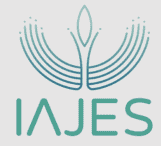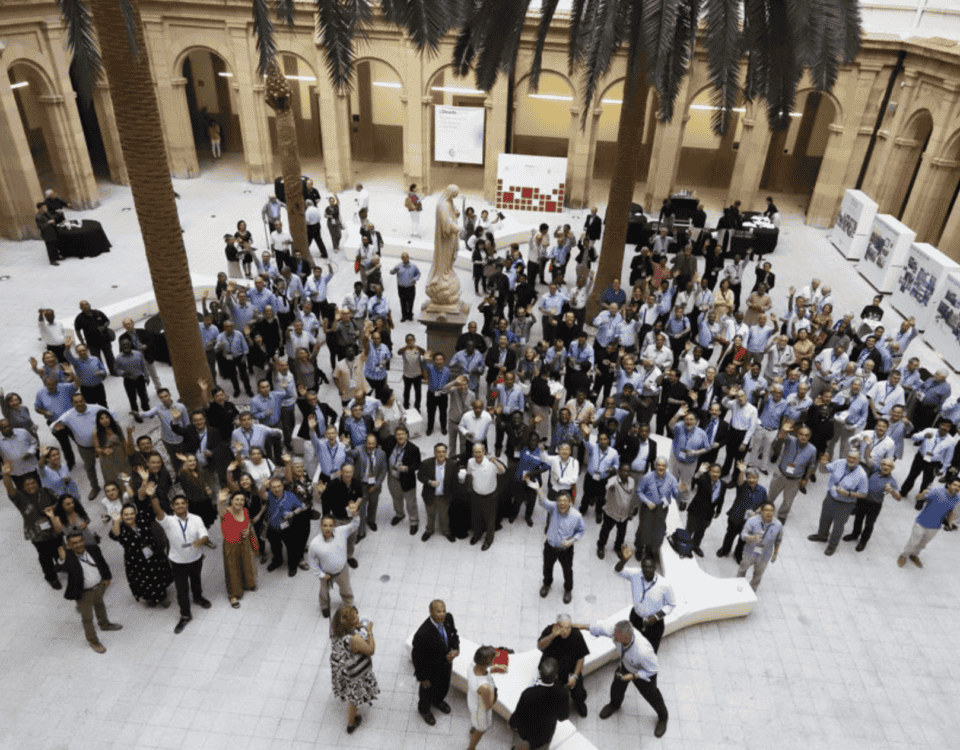This website uses cookies so that we can provide you with the best user experience possible. Cookie information is stored in your browser and performs functions such as recognising you when you return to our website and helping our team to understand which sections of the website you find most interesting and useful.
Growing Coordination of Jesuit Engineering Schools
Following in the wake of the increasingly structured Global Network of Jesuit Engineering Schools (IAJES), the first Meeting of Jesuit Engineering Schools in Latin America was inaugurated last July in Mexico, which seeks to join efforts for the better training of professionals essential for a more just and humane development of societies.
The first Meeting of Jesuit Engineering Schools of the universities of the Association of Universities Entrusted to the Society of Jesus in Latin America (AUSJAL), which took place from July 5 to 7 at the ITESO university campus.
This is the first face-to-face meeting of the regional group belonging to the International Association of Jesuit Engineering Schools (IAJES), which, under the premise of putting science and innovation at the service of people, will seek to strengthen collaborative networks and agree on next steps to influence the construction of a more just and humane society from engineering.
To give direction to the work of this first meeting, the Rector of ITESO, Alexander Zatyrka Pacheco, SJ, shared that engineering is understood as the ability of a person to “imagine, invent, devise something in a process in which, with intelligence and skill, the knowledge one has and the means at one’s disposal are combined”.

In this sense, he pointed out that this space is ideal to stimulate reflections on university work that lead to a collective and interdisciplinary construction of projects and strategic approaches that favor the formation of new generations of engineers, so that they can help to outline a more humane and just world. The purpose is that these professionals “devise solutions that, in addition to being viable and pertinent, are timely and useful to face our problems”.
The Rector recalled that the ITESO School of Engineering was formally established in 2022, which shows the University’s interest in promoting collaborative work in these areas. This figure, he pointed out, is enriched by the fact that it coincides with its counterparts in the rest of the universities belonging to AUSJAL and IAJES.
Catalina Morfín López, general academic director, celebrated the fact that this first meeting was designed to find the strengths of the regional group and foresee opportunities to improve and consolidate the service provided to society by engineering.
“The world has high expectations of engineers and there is also a need for many […], as their work is essential to meet a wide range of human needs and to make our planet a true common home,” he said.
He insisted on the importance of training engineers with the characteristic approach of the universities entrusted to the Society of Jesus, which sharpens the social sensitivity of students within their field of study, so that their work contributes to the transformation of processes and the construction of a more just and humane society.
Carlos Ernesto Rivas, vice-president of IAJES, said that during the three-day meeting they will be working on strategies to get to know each other as a region, explore potential collaborations and finalize proposals and initiatives.
“From IAJES, what we seek is to unite as engineering schools worldwide to promote the development and growth of our societies, through academic activities, research and social action. Our mission is to build a more humane and just world through the use of technology and innovation guided by the principles of the Society of Jesus,” he said.
Among the topics to be addressed in order to weigh the relevance of the AUSJAL branch of IAJES to address them, he proposed cybersecurity, food and Big Data. Also dean of Engineering and Architecture at the Universidad Centroamericana José Simeón Cañas (UCA), in El Salvador, Rivas said that work will be promoted in transversal axes, such as gender equity, ethics and social commitment and care for the environment, characteristic of Jesuit doctrine.
Similarly, the working groups will review the stakes of the working groups on infrastructure, humanitarian engineering and frugal innovation, health research, academic cooperation, energy and artificial intelligence, among others.
The academic hoped that the similarities of Latin American contexts and cultures would lead to very organic collaborations, from which initiatives could be developed that would permeate the academies of the universities involved and their student communities.

A large network for better collaboration
AUSJAL brings together 30 universities and institutions of higher education entrusted to the Society of Jesus, distributed in 14 countries and with a university community of more than 230,000 students and more than 25,000 collaborators, said Francisco Urrutia de la Torre, executive secretary of AUSJAL.
For his part, Raul Garcia Huerta, regional representative of AUSJAL in IAJES, hoped that this meeting will serve to consolidate relationships and work teams from the AUSJAL arm of IAJES. “The purpose of this meeting is to define what we can do as a region. It is also an opportunity for linkages to emerge and begin to materialize,” he said.
The also director of the Department of Technological and Industrial Processes (DPTI) pointed out that AUSJAL’s Engineering Schools have the capacity to join specific challenges and contribute to the dissemination of engineering in communities where they do not have access to this knowledge, as well as to the awakening of vocations and the creation of more spaces for women in STEM areas.
He did not rule out that these linkages could also be a starting point for improving the educational offerings of the universities, as they will be close to share best practices, curriculum updates, and innovations in infrastructure and teaching.
PHOTOS: Luis Ponciano
Original ARTICLE: ITESO




